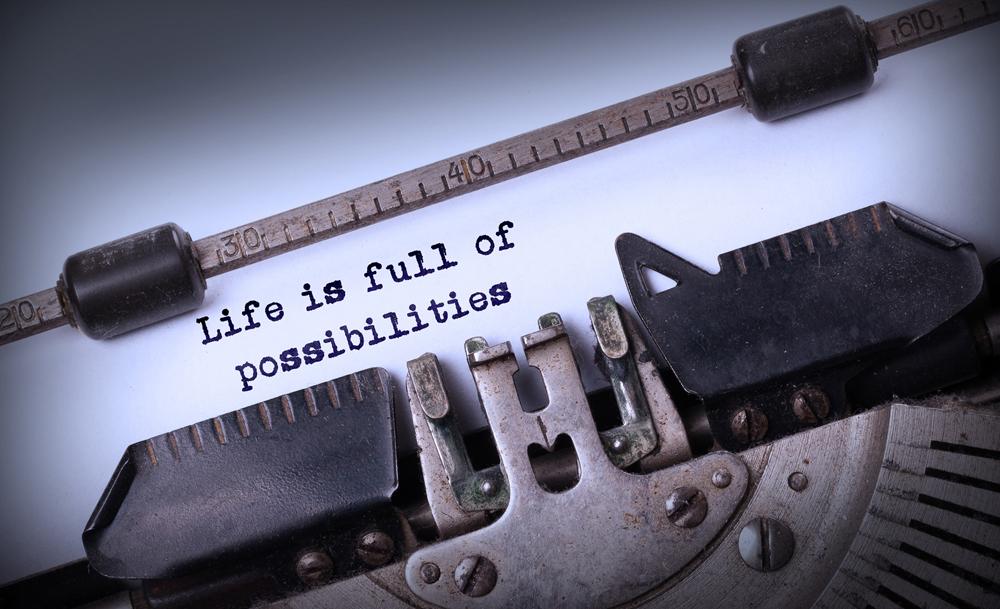
The members of FUMC are committed to building a faith community. However, our obligation to others goes well beyond our Church. We care about the larger community that surrounds our building. We are called to take an interest in and serve our neighborhoods, our city, our region, and our country.

It is important to note that community is not the same as family and neither can replace the other. Families are bonding networks and healthy church communities are bridging networks. (Putnam, 2000) They both serve a distinct purpose for our personal and collective development and they both must be nurtured independently.
 “Putnam identifies five such features. First, social capital makes collective problems easier to resolve, as there is less opposition between parties. This results in improved social environments, such as safer and more productive neighborhoods. Second, it makes business transactions easier, since when people trust each other, there is less of a need to spend time and money enforcing contracts. As a result, economic prosperity increases generally. Third, social capital widens our awareness of our mutual connectivity. This can improve the quality of our civic and democratic institutions. Fourth, it helps to increase and speed up the flow of information, which, in turn, improves education and economic production. Finally, social capital improves our health and happiness through both psychological and biological processes which require human contact.” (https://www.beyondintractability.org/bksum/putnam-bowling)
“Putnam identifies five such features. First, social capital makes collective problems easier to resolve, as there is less opposition between parties. This results in improved social environments, such as safer and more productive neighborhoods. Second, it makes business transactions easier, since when people trust each other, there is less of a need to spend time and money enforcing contracts. As a result, economic prosperity increases generally. Third, social capital widens our awareness of our mutual connectivity. This can improve the quality of our civic and democratic institutions. Fourth, it helps to increase and speed up the flow of information, which, in turn, improves education and economic production. Finally, social capital improves our health and happiness through both psychological and biological processes which require human contact.” (https://www.beyondintractability.org/bksum/putnam-bowling)

Protection Against Loneliness and Premature Death – It is no surprise that a strong sense of community is an antidote to loneliness, which can lead to premature death. According to US News and World Reports, “folks who reported that they were socially isolated or felt lonely were more likely to die early from all causes including cancer, according to a sweeping review of 90 studies that included more than 2.2 million people from around the globe.” Loneliness has been estimated to shorten a person’s life by 15 years, equivalent in impact to being obese or smoking 15 cigarettes per day. (Pomeroy, 2019)
Faith based communities, in particular, have an advantage when it comes to living longer lives. A recent study finds that people who regularly attend religious services live approximately four years longer than average. (Micaela (2018)
A Sense of Purpose & Self Esteem Outside of Work: Community members can find purpose and meaning in their lives by working together to achieve common goals. As you work with others to achieve new goals, the idea that you are valued in unexpected ways takes shape.
Behavior Modification: Through peer influence, mentoring and policy changes, communities can shape healthy behaviors and good habits. This is exemplified in a non-profit pilot program initiated in Africa by Mother-2-Mothers where they recruited neighborhood moms to counsel other mothers on how to prevent AIDs transmission to their babies and other health issues. The effectiveness of having a trusted neighbor speak to moms during an enduring health crisis was much more impactful than when moms received information from their own healthcare providers.
Behavioral modification is a significant outcome of strong communities. Do you know that laughter is good for your arteries? Laughter, social interaction, volunteerism, eating well, accessing healthcare, exercising, making things by hand, and a variety of other good habits are all likely benefits of consistent community engagement. A strong sense of community can also lead to initiatives that impact our surroundings to foster these habits. For example, in the Blue Zone of Nicoya, Costa Rica, a place where longevity is higher than most parts of the world, community action resulted in modifying signage in local surroundings to help make healthy food choices easier. Residents also shaped local policies to provide incentives to eat better and exercise more, such as offering free exercise classes.
Support & Practical Resources: Members of strong communities can support each other during difficult times and celebrate and magnify successes. Access to critical resources for living and working are also easier to find. In Singapore, strong community engagement has led to practical policy changes in housing subsidies that enable families to live near each other. This incentive to live in proximity to loved ones is believed to be one of the factors that contributes to longer lifespans in this region.
Learning & Innovation: People who invest in community life, learn from each other, and share their knowledge and skills. Consistent interactions with different people foster intellectual curiosity and cross-cultural knowledge-building. These regular opportunities to hear diverse perspectives are correlated with creativity, innovation, and business success. For example, a 2019 McKinsey analysis found that organizations in the top quartile for gender diversity on executive teams were a full 25% more likely to achieve above-average profitability than companies in the fourth quartile.
Building Community requires sustained action over time, even if these actions are very small. The development of trusted, communicative, and supportive networks happens gradually, but each build upon the other. In fact, developing the skills to create and exist in community is another unique benefit of community engagement that will extend to all areas of life.
At FUMC we strive to create an environment where a strong sense of community can thrive, and our faith requires this. This sense of community, the development of the skills to build community, and the results of a stronger community start with you. You are welcome here on your journey towards a longer, healthier life through our faith community.
About the Author: Patricia Rattray, Stamford Resident, Realtor & Founder, New Revenue Consulting
https://www.mckinsey.com/featured-insights/diversity-and-inclusion/diversity-wins-how-inclusion-matters
(Accessed 11/14/23) https://blogs.scientificamerican.com/observations/loneliness-is-harmful-to-our-nations-health
https://www.beyondintractability.org/bksum/putnam-bowling
https://www.apu.edu/articles/why-do-religious-people-live-longer/#:~:text=A%20recent%20study%20finds%20that,lead%20to%20a%20longer%20life. Accessed 11/22/23.



Copyright © 2023, FUMC. All Rights Reserved.
Developed and Designed by New Revenue Consulting LLC.